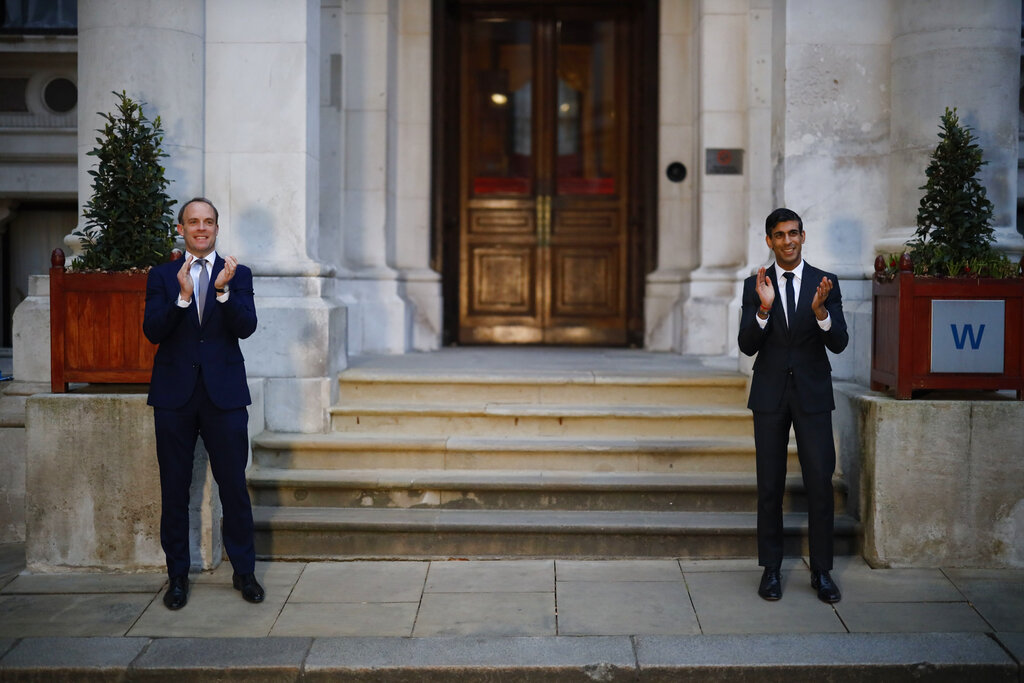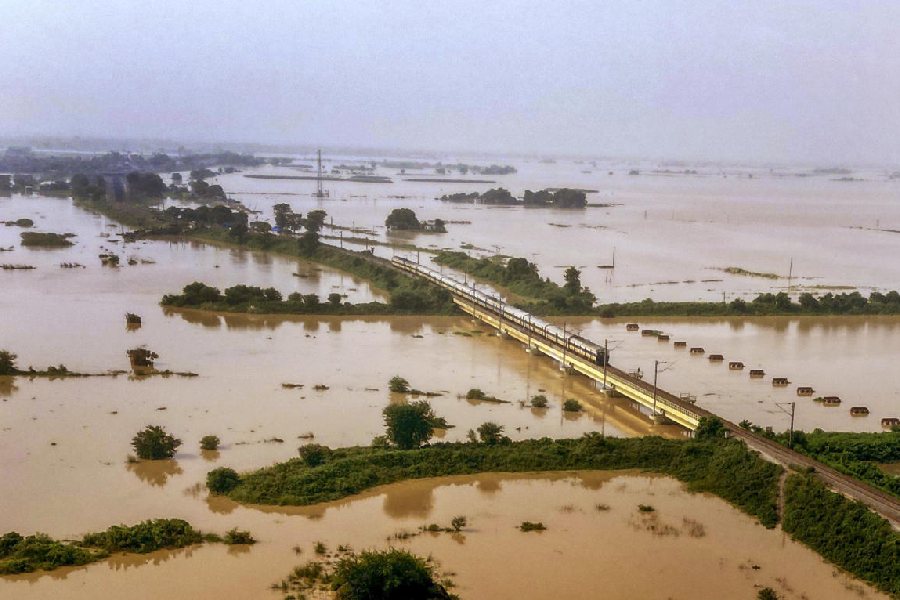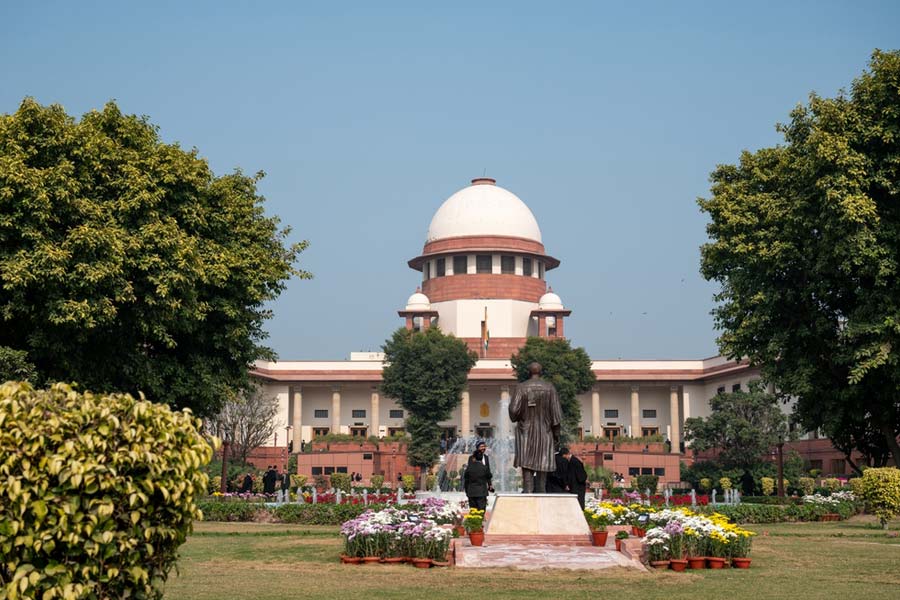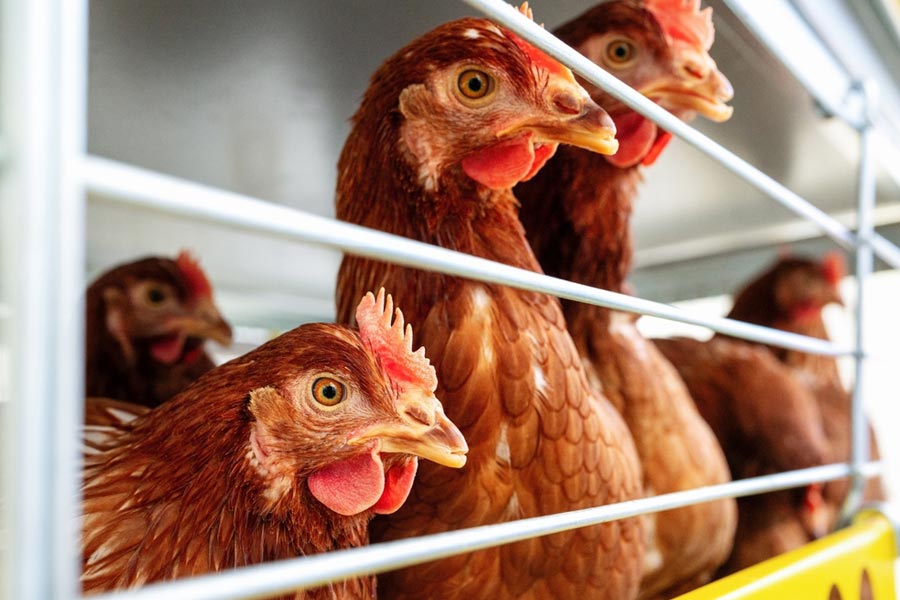The British government has at last woken up to what has been glaringly obvious in the Indian community for some weeks — that the death toll among Indians from the coronavirus pandemic has been disproportionately high.
As the government confirmed on Thursday that the three-week lockdown imposed by the Prime Minister Boris Johnson on March 23rd will be extended, it also announced there will be a review into why people from black, Asian and minority ethnic (BAME) backgrounds appear to be disproportionately affected by coronavirus.
Downing Street confirmed the NHS and Public Health England will lead the review of evidence, following pressure on ministers to launch an investigation.
Last week, data on patients with confirmed Covid-19 from the Intensive Care National Audit and Research Centre (ICNARC) suggested ethnic minorities are over-represented compared with the general population.
Of 1,966 patients with Covid-19, the ICNARC said 64.8 per cent were white, 13.8 per cent Asian, 13.6 per cent black, and 6.6 per cent were described as “other”.
According to the 2011 UK census, around 7.5 per cent of the population is Asian — mainly Indians and Pakistanis in the ratio of 2.5:1 — and 3.3 per cent black.
The first 10 doctors named as having died from Covid-19 in the UK were from BAME communities — which has been described as “deeply disturbing”.
Sky News analysis has found that of the 54 front line health and social care workers in England and Wales that have died because of Covid-19, 70 per cent of them were black or from an ethnic minority.
Commenting on the review and “the disturbing impact of Covid-19 on BAME communities”, Labour’s shadow women and equalities Secretary, Marsha de Cordova MP, said: “The government must ensure the review is robust and looks into the underlying structural economic and social inequalities that have affected BAME communities in this crisis. It must also urgently record data broken down by ethnicity on the number of people who have died as a result of Covid-19.
“The devastating effect of Covid-19 on BAME communities cannot be overstated. This review must be the first step in ensuring that all communities are equally protected from this virus.” Although the government has come under pressure from the Labour party, some scientists and many journalists to reveal its lockdown exit strategy, the health secretary Matt Hancock refused point blank to do so.
“We think it too early to make a change,” he said, stressing the number of deaths was still “far too high” for any exit strategy to be set out.
In one interview with a BBC journalist on Radio 4’s Today programme on Thursday, Hancock lost his temper and snapped: “The scientists can say what they like, the commentators can say what they like, the interviewers can say what they like. We will do what is best by dealing with this virus.”
One concession Hancock is making is letting relatives bid farewell in person to their loved ones “wherever possible” during their last moments.
He said that as a father himself he was moved to tears after reports of 13-year-old Ismail Mohamed Abdulwahab, from Brixton, south London, dying without a parent at his hospital bedside. There are signs that although the toll is still very high — it has now reached 13,729 with 861 more deaths reported in the last 24 hours — the relentless upward climb of the graph is becoming more of a plateau.
The figures the government is publishing are only of those who have died from coronavirus in hospitals. They do not include the deaths of mainly elderly patients thought to have died from the virus in care homes.











